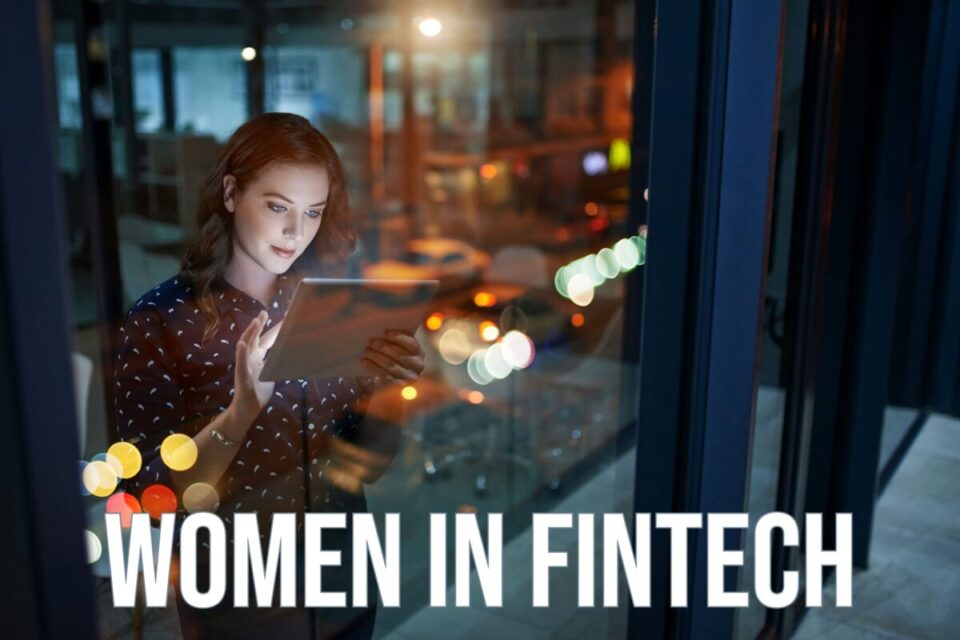The online gambling industry is still relatively new, with the first internet gambling site introduced in the mid-90s. Although it’s still in its infancy, the market is growing rapidly. According to a report by Research and Markets, it is expected to reach $72.02 billion by the end of 2021, at a compound annual growth rate (CAGR) of 12.3%.
One of the main reasons for this growth is its willingness to adopt new technological advancements. Many industries remain wary of accepting these changes in fear that they will be detrimental to the future of their business. However, this isn’t the case with online gambling. Known for being the industry to take risks, online casinos and gambling sites constantly adopt new trends to meet the ever-changing demands of the market.
As Co-Founder at Capitalixe, Lissele Pratt helps companies in high-risk industries obtain the latest financial technology and banking solutions. Here she shares her thoughts on how cryptocurrency is revolutionising the online gambling industry.
Cryptocurrency & Online Gambling

A recent trend in the online gambling industry has been the adoption of blockchain technology. Bitcoin paved the way for this change as the first blockchain-based currency adopted by casinos in May 2012. This was shortly followed by other popular digital currencies, including XRP Ripple and Ethereum. We’ve recently seen the emergence of new cryptocurrencies, specifically for the online gaming industry, such as CasinoCoin.
Cryptocurrency casinos allow people to deposit money and withdraw their earnings in digital currencies. These casinos have completely revolutionised the industry as more people are reaping the benefits of their use.
Benefits of Casinos and Players Using Cryptocurrency
Increased Security
Many people who gamble online fear that they may be at risk of their banking information being stolen by fraudsters. This year, Experian found that the surge of online gambling during the global pandemic increased online fraudulent activity.
Anyone who understands how cryptocurrency works will likely know some of the benefits of blockchain technology. Blockchain can be defined as a database of information that records the provenance of a digital asset in a way that makes it very difficult to change. It is a digital ledger of transactions and provides an open database of every transaction involving value.
This makes using this technology extremely secure. Cryptocurrency is easy to track as each transaction comes with its own unique identifier code. However, it is impossible to manipulate these transactions because all digital currencies are encrypted. This ensures that payments made using blockchain technology are safer than traditional currencies. It also reduces an internet users’ chance of making unauthorised transactions.
Anonymity
Blockchain technology also offers users complete anonymity whilst they play. Because no identification is attached to a bitcoin wallet, players can feel secure knowing that nobody can obtain their personal information. Instead, they can focus solely on their games and not have to worry about other users seeing their progress.
Online gaming also won’t have a negative effect on player’s credit scores or their chances of loaning money. Cryptocurrency will not be visible on any bank statements. When applying for a loan, banks will sometimes look through these statements to better understand spending habits. If they spot any gambling activity, they’re much more likely to refuse this loan.
Speed
One of the most frustrating issues a player faces when gambling online is the number of hurdles they must jump through to receive their money. This is especially true when their payouts are made from international businesses. SWIFT payments can take anywhere between 1-5 working days to receive casino payouts, resulting in many players turning to brick-and-mortar stores rather than playing online.
Playing with cryptocurrencies such as Bitcoin, Ethereum or Litecoin prevents users from waiting long periods of time to receive their winnings. Cryptocurrency winnings are transferred into a player’s digital wallet instantly so players can spend their winnings faster.
Cost-Efficiency
Because cryptocurrencies are decentralised, they do not have a governing body examining the validity of the transaction. When transactions are made with traditional currency, there are always additional costs and transaction fees required by banks. For example, if you use your credit card for gambling, you will be charged a cash advance. According to Finder, These transactions attract a cash advance fee between 3% and 5% and a high cash advance APR. This fee is considerably higher if it is an international transaction.
These additional costs apply both to the player and the casino. Gambling with cryptocurrency means that these fees are either removed entirely or significantly less. You can also convert this cryptocurrency into fiat currency without having to visit a bank.
Final Thoughts
The use of cryptocurrency is still widely debated. Some feel it is too unstable for the average investor; others believe it is the way of the future. But could the integration of cryptocurrency in online gambling be a perfect match? It would seem so.
Offering this payment option to players will allow online casinos to attract new clients and provide additional benefits to existing customers. In Addition, this digital currency appears to solve a lot of the problems facing the online gambling industry. Using cryptocurrency can be a faster, safer and more cost-efficient solution to both players and online casinos.










